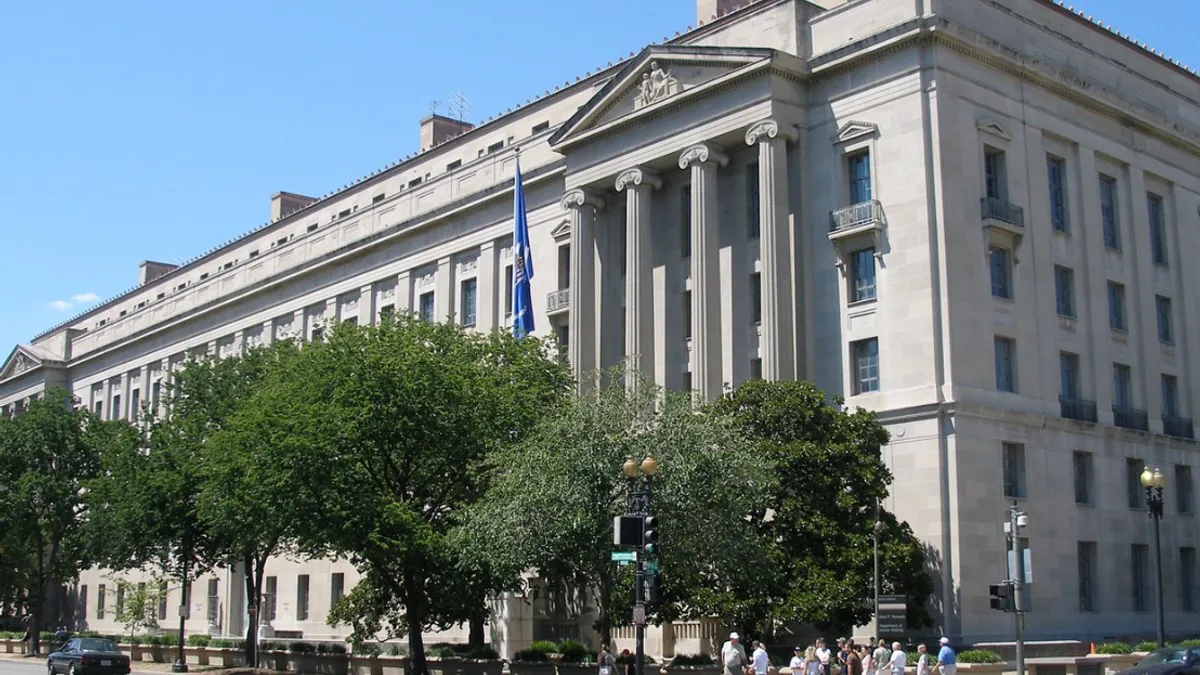Dive Brief:
- A Maryland-based Domino’s franchisee, Treacy Enterprises Inc., will pay $2,000 in civil penalties to the U.S. Department of Justice to settle claims that the company required a non-U.S. citizen worker to provide more documents than necessary to prove permission to work, in violation of the Immigration and Nationality Act, according to a DOJ announcement June 8.
- The complaint came from a lawful permanent resident who claimed that Treacy Enterprises required him to provide documents beyond the valid and accepted documentation he had already provided, including asking to see his permanent resident card or “green card,” the DOJ said.
- “While employers must verify every new hire’s permission to work in the United States, they can’t require unnecessary documents or discriminate based on someone’s citizenship status or national origin in the process,” said Assistant Attorney General Kristen Clarke of the Justice Department’s Civil Rights Division. “The Civil Rights Division will continue to fight to remove discriminatory barriers to employment.”
Dive Insight:
Asking non-U.S. citizen workers to show their green cards as a requirement to work is an easy way to run afoul of INA — and several recent settlement agreements demonstrate a federal commitment to this area in recent years.
In November last year, The Giant Co. settled DOJ allegations that it discriminated against non-U.S. citizen workers by requiring them to supply green cards as proof of employment eligibility. And in December, New York-based boutique bakery Lady M Confections Co. and its West Coast affiliate Lady M West Third settled similar DOJ allegations for $1,864.
The U.S. Equal Employment Opportunity Commission has also been keeping an eye on discrimination against non-U.S. citizens; ResourceMFG, a manufacturing staffing company, paid a $75,000 settlement in March to resolve allegations it rejected a job applicant because she could not supply a U.S. birth certificate despite having other proof that she had permission to work.
Eligibility-to-work documents are gathered during the Form I-9 process, which is undergoing its own shifts of late. Remote I-9 document review — a process allowed during the height of the pandemic — will be ending July 31, meaning employers may need to double check their processes to ensure they are in compliance.













